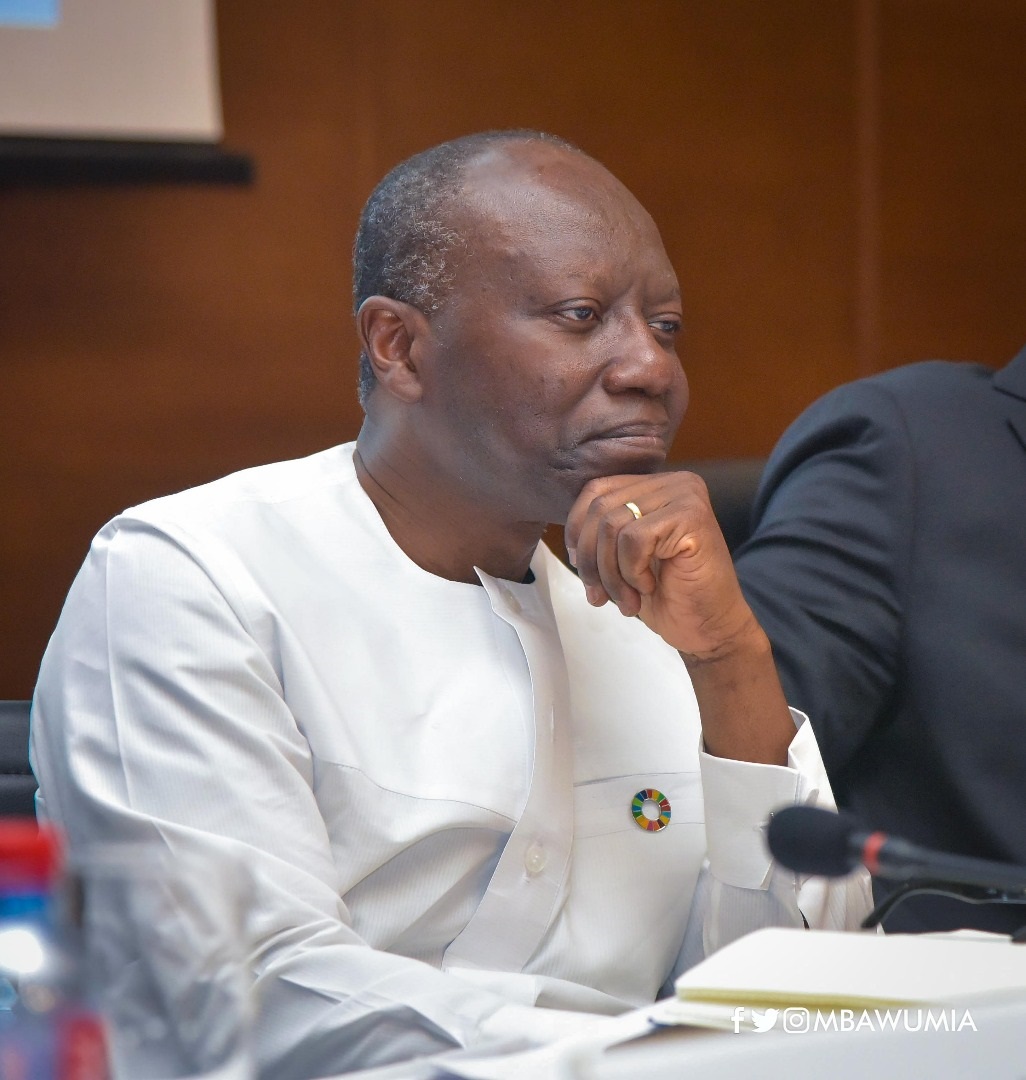Finance Minister Ken Ofori Atta has revealed the source of funding for GH¢100bn COVID-19 Alleviation and Revitalisation of Enterprises Support (CARES) programme.
Justifying the programme, the Minister said this will aid the growth of the economy.
According to him, 30 billion cedis of the money will be drawn from property tax, gold receipt and relooking at the tax exemption regimes in the country.
The other 70 billion cedis will be from the private sector.
"Our commitment to digitalise the economy we are expected to move our revenue to GDP ratio from 13% we have now to 20% and that certainly will lead to a huge increment in our resources. We also have not done very well in property taxes and that is an area we are going to mine, to look at our gold receipt etc and look at the tax exemption regimes that we have through that we believe we can get 30 billion cedis."
READ ALSO :Â Gov't extends free water by another 3 months, 50% electricity reduction
"Then there is another 70 billion cedis which will be a combination of FDI, private sector, domestic and foreign PPEs and GIPC will be resourced to be a little more effective than it has been, but most importantly there will be a little more deliberateness as to the areas we want to go to in turning Ghana into the regional hub for logistic, for manufacturing we've already started with the automobile industry and that seems to be going very well."
Calls for local funding
The recently outdoored GH¢100bn COVID-19 Alleviation and Revitalisation of Enterprises Support (CARES) programme should be fully funded from domestic sources, economist and lecturer Dr. Raziel Obeng-Okon has said.
The Finance Minister, Ken Ofori-Atta, said in his mid-year budget statement last month that the three-and-a-half-year CARES programme is designed to stimulate the economy and restore it to the path of growth following the massive setback caused by the virus.
Although the Minister said at least 70 percent of the expected funds would come from private sources, both domestic and external, Dr. Obeng-Okon argued that seeking external funding would further compound Ghana’s public debt woes.
“The challenge for government is usually not the domestic debt but the external debt, which impacts negatively on our financial position due to the forex implications on interest and principal repayments,†he said in an article titled, “Quantitative easing through creating or printing money to fund COVID-19 pandemic budgets – lessons for Ghanaâ€.
Â
Â
Â
Â





